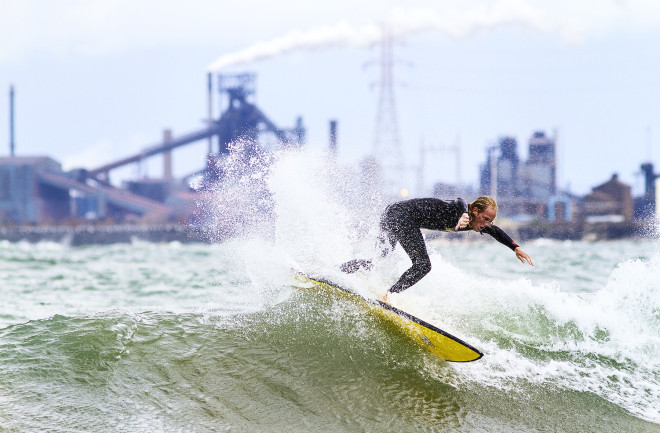Citizen Science Salon is a partnership between Discover and SciStarter.org.
In 1984, a small group of California surfers were fed up with the development and water pollution at their favorite break, Malibu’s Surfrider Beach. They took their environmental concerns to California State Parks officials — and prevailed. The Surfrider Foundation was born.


